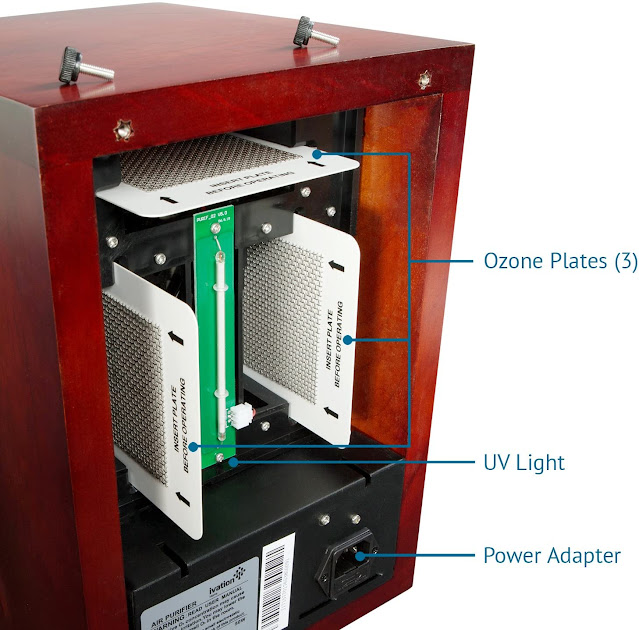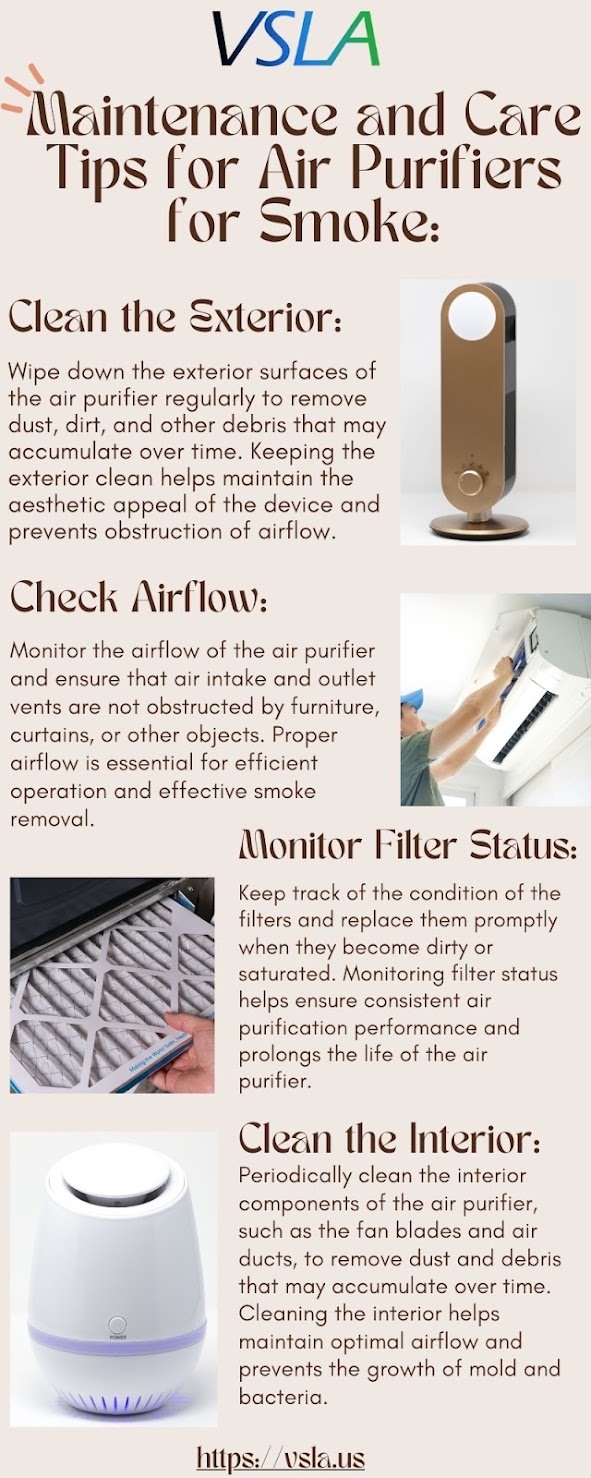Understanding the Importance of a Replacement Filter for Flair
When it comes to choosing the right replacement filter, it’s important to first understand the specific needs of the equipment you're using. Different machines have different requirements, and selecting the wrong filter could result in poor performance or even damage. For example, in some systems, using a filter that is not designed for that specific device can lead to issues such as clogging, leaks, or suboptimal output. In this case, research and attention to detail are important to ensure that the new filter fits perfectly and provides the intended benefits.
Aside from technical compatibility, the material of the replacement filter should also be considered. Filters are made from a range of materials, each suited for different tasks. For example, some filters may use activated carbon to absorb contaminants, while others use paper, cloth, or mesh to trap particles. Depending on your needs, you may prefer a filter with specific attributes, such as being able to handle higher volumes, providing finer filtration, or even offering antibacterial properties.
It is important to follow the manufacturer’s guidelines when replacing your filter. Most equipment comes with a recommended maintenance schedule, which includes when to replace the filter. These schedules are often based on typical usage patterns, but factors like environment and frequency of use can influence how quickly a filter needs to be replaced. If you're using a device more frequently, or if it’s operating in a particularly dusty or polluted environment, you may need to replace the filter more often than suggested.
Furthermore, not all filters are created equally. Some replacement filters are designed to handle more specific tasks, such as removing certain chemicals, odors, or allergens. If you’re replacing a filter for a water filtration system, for example, you might need to consider the type of contaminants you want to remove from the water. Different filters offer various levels of filtration, ranging from basic particle removal to advanced chemical filtration. The better the filtration, the cleaner and healthier your environment or product will be.
A critical aspect of maintaining your equipment is knowing when to replace the filter. The lifespan of a filter depends on several factors, such as the type of device, the level of contaminants it’s exposed to, and how often it’s used. For instance, air filters typically need to be replaced every 3 to 6 months, while filters for water or espresso machines may need to be changed more or less frequently depending on usage. Keeping an eye on the performance of the device is a good indicator of when it’s time for a replacement. If you notice a decline in performance, strange odors, or poor quality output, it’s likely time for a change.
In some cases, using a replacement filter for Flair can improve the overall user experience by restoring the equipment's efficiency. When filters are replaced on schedule, they prevent long-term buildup, which could lead to costly repairs or a decrease in the lifespan of the device. Neglecting to replace a filter can also result in the accumulation of grime or bacteria, which can affect both the performance and safety of the equipment.
To ensure you’re getting the best filter for your needs, consider factors such as quality, brand reputation, and reviews. Quality filters are typically made from durable materials that are designed to last longer, and while they may come at a slightly higher price point, their reliability and efficiency can make a big difference in the long run. Furthermore, always buy filters from trusted sources to ensure authenticity. Counterfeit filters may not meet the necessary standards, and using them could be a risk to your equipment.
The installation of a replacement filter is another important step in ensuring the device functions properly. Many devices are designed with user-friendly mechanisms that allow for easy filter replacements, but it’s essential to follow the correct steps to avoid any mistakes. Improper installation could result in leaks, poor filtration, or even damage to the machine. Be sure to read the manual and take your time when installing the new filter to ensure that it’s placed correctly.
In addition to performance, another reason to replace your filter regularly is environmental impact. Filters, especially those used in water or air systems, help reduce contaminants that can harm the environment. A clean filter ensures that the device is effectively trapping particles and pollutants, preventing them from being released into the air or water supply. By maintaining your equipment and using the appropriate filters, you’re not only helping to improve your own environment but also contributing to the broader effort of reducing pollution.
Lastly, consider keeping a few spare filters on hand. This way, you can replace the filter immediately when needed without having to wait for a new one to arrive. Having replacements ready can save you time and frustration, particularly in the case of critical equipment that you rely on daily. Additionally, keeping a backup supply ensures that you’ll never experience a period of downtime due to a failed filter.
Understanding the role of filters in your equipment is vital to ensuring it operates at its best. A replacement filter for Flair can make a significant difference in performance, efficiency, and longevity. Be sure to select the right filter, follow the manufacturer’s recommendations, and perform regular maintenance to keep your devices running smoothly. Regular filter replacement is not just about maintaining your equipment; it’s about creating a healthier, cleaner environment, and ultimately getting the most out of your investment.





Comments
Post a Comment